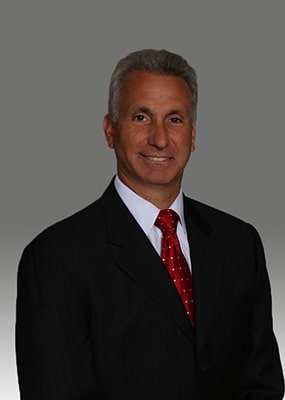
The Challenges of an HOA Board Member: Tips to Overcome

It has never been more challenging to be a board member in a condominium or homeowners association than it is at this time. Association board members in this voluntary position are being interacted by Association Members everywhere they go. In the hallway, at the pool, in the elevator, and everywhere else in the community, they’re being asked board questions and association questions by unit owners - possibly whom they’ve never even met.
Aside from the usual worrying about maintenance, assessments and other items, we are now dealing with a pandemic as well - a pandemic that has created a plethora of new issues that we weren’t necessarily expecting. Covid-19 has created a situation where owners are spending more time in their homes, which means more time reviewing their property and its structure. Furthermore, homeowners’ association meetings are now often conducted on Zoom. Therefore, people who otherwise may have rarely shown up and been involved are regularly dropping in live from the comfort of their living room.
As an Association attorney, I have clients come to me because newly interested owners are challenging them and their board members. They're challenging the appearance of their community. They're challenging the assessments they're paying, and they're challenging their rights, which sometimes have to be taken away for health, safety and welfare purposes.
How do board members overcome or live with these challenges?
As Association board members, you have to understand now more than ever, that you are board members when you interact at a meeting with other board members. When you’re walking around the halls or when you are at the pool, you are not a board member. You are not conducting board business, therefore you don't have an obligation to respond to these questions.
However, I know that is not a great answer, because unit owners expect answers. So,one of the things I instruct our board members to do is to tell any and all unit owners, “That’s a very important concern, please put it in writing, submit it to our property manager, and we'll take it up at the next board meeting.”
That may not be the greatest answer for some of these members, because they want answers now and they think you're educated enough to give this to them because you're a board member. However, that knowledge is something you should always keep in your pocket. You must be careful because those interactions and answers to questioning can be used against you.
So, what's the next step to try to counter some of the intricacies of this pandemic and the intricacies of having members come to you and talk to you all over the community? I believe that as board members, we need to create a rapport with our professionals, with our property managers, with our attorneys and with our accountants. I expect and want my board members to feel free to contact me with questions they are having in regard to their associations. This rapport means that you are comfortable getting the advice you need.
Our firm believes that as board members you must obtain legal counsel who is responsive to your needs without causing budgeting concerns. At Sachs Sax Caplan, you can call us anytime, with any questions you may have. If you are in need of an HOA attorney, we encourage you to know your rights and be informed. Because HOA issues hit close to home, they can become heated, therefore, it is important to have experienced HOA attorneys on your side.

Partner Larry Schner practices in the area of Community Associations Law, representing condominium and homeowners throughout Broward and Palm Beach County. To learn more about him and how to work with Sachs Sax and Caplan visit our website.
When you subscribe to the blog, we will send you an e-mail when there are new updates on the site so you wouldn't miss them.

Sachs Sax Caplan, P.L. is proud to be recognized by The Florida Bar for our commitment to hiring and developing Board Certified Attorneys.
